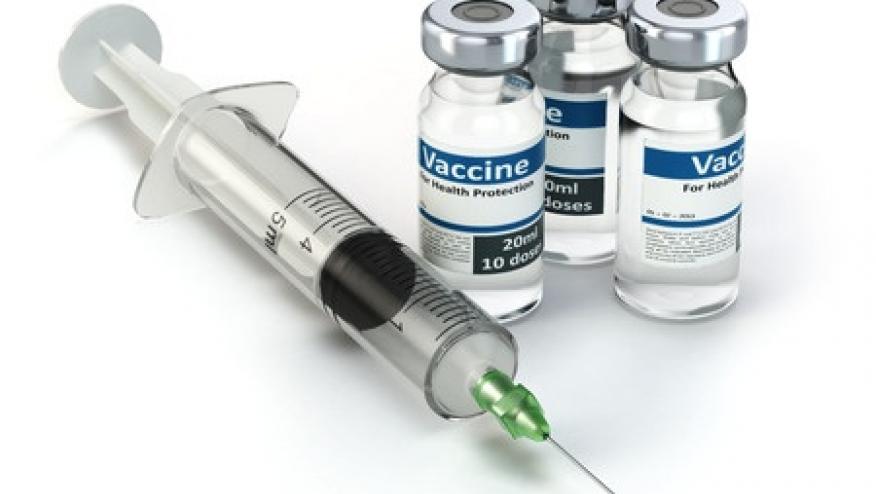Rare Risks Associated with BNT162b2 mRNA Covid-19 Vaccine Save

The current NEJM reports that the use of the Pfizer mRNA vaccine (BNT162b2) demonstrated a very low risk for certain serious adverse events, including the risk of myocarditis (1 to 5 events per 100,000 persons).
The paper examines the safety of the BNT162b2 mRNA vaccine and a broad range of potential adverse events using data from the Israel health care organization use of the BNT162b2 mRNA vaccine. Vaccine outcomes were assessed at 42 days after vaccination.
Bothe the vaccination and control groups each included 884,828 persons. Receipt of the BNT162b2 vaccination was most associated with an increased risk of:
- myocarditis (risk ratio, 3.24; 2.7 events per 100,000 persons),
- lymphadenopathy (risk ratio, 2.43; 78.4 events per 100,000 persons),
- appendicitis (risk ratio, 1.40; 5.0 events per 100,000 persons),
- herpes zoster infection (risk ratio, 1.43; 15.8 events per 100,000 persons)
Having SARS-CoV-2 infection was associated with an increased risk of myocarditis (risk ratio, 18.28; 11.0 events per 100,000 persons) and of additional serious adverse events, including pericarditis, arrhythmia, deep-vein thrombosis, pulmonary embolism, myocardial infarction, intracranial hemorrhage, and thrombocytopenia.
The BNT162b2 vaccine was not associated with an elevated risk of most of the adverse events examined. The risk of certain serious vaccine adverse events was substantially increased after SARS-CoV-2 infection.










If you are a health practitioner, you may Login/Register to comment.
Due to the nature of these comment forums, only health practitioners are allowed to comment at this time.